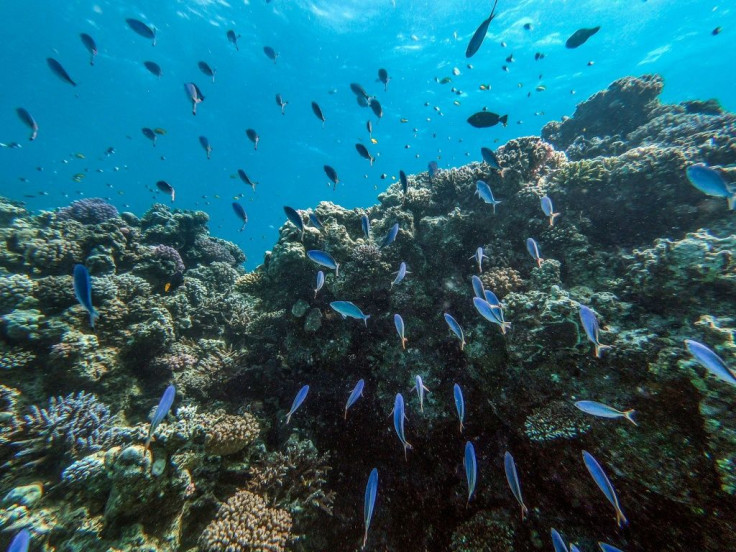Earth’s Biodiverse Ecosystems In Danger Of Collapsing, New Study Warns

KEY POINTS
- The ecosystems of coral reefs and tropical forests are in danger of collapsing
- A combination of climate change, extreme weather and human activities threat biodiverse ecosystems
- Specific set of actions should be implemented to protect the ecosystems of Earth
A new study revealed that Earth’s most biodiverse ecosystems such as rain forests and coral reefs are in danger of collapsing completely. The authors of the study cited a combination of climate change, extreme weather and human activity as the leading causes behind the destruction of these regions.
The new study was published in the journal The Royal Society. It focused on the coral reefs and tropical forests found in more than 100 locations in the world and how they are being affected by various environmental factors.
According to the researchers, these areas are facing immense pressure from extreme weather conditions brought on by climate change. Powerful weather events such as hurricanes, typhoons and wildfires are already changing the layout of natural habitats around the world. The researchers noted that extreme weather in these areas can destroy the natural resources that animals rely on for food and shelter.
“A range of post-hurricane ecological consequences have been recorded in tropical forests: the destruction of plants by these weather extremes affects the animals, birds and insects that rely on them for food and shelter,” Dr. Guadalipe Peralta from New Zealand’s Canterbury University said in a statement.
Aside from natural threats, biodiverse ecosystems are also being destroyed by human activities. According to the researchers, threats such as pollution, deforestation and overfishing are making it harder for tropical forests and coral reefs to recover from the effects of extreme weather.
The researchers warned that the combined and ongoing effects of human activities and climate change drastically reduces the diversity of wildlife in these regions. Without these animals, the entire ecosystem of the affected regions could collapse.
“Tropical forests and coral reefs are very important for global biodiversity, so it is extremely worrying that they are increasingly affected by both climate disturbances and human activities,” lead researcher Dr. Felipe Franca of the Embrapa Amazônia Oriental in Brazi said in a statement.
To prevent the total collapse of the ecosystems, the researchers suggested implementing a targeted set of responses that aim to reduce carbon emissions and also to educate local communities about the importance of conservation.
© Copyright IBTimes 2025. All rights reserved.





















